If you’re looking to consume responsibly and help conserve the environment, the best place to start is right in your own kitchen. When you run a sustainable kitchen, not only do you ensure the best for your family, but you also take steps to heal the earth we all share.
Buy Natural

Opting for natural, pesticide, and chemical-free ingredients is a great start to sustainability. There are many simple ways to do this. Check labels before you buy and opt for brands that use the least additives. Shop for local produce at farmers’ markets and cooperative stores. Ask your grocer for tips on seasonal fare and browse online communities to see what steps others in your area are taking to procure the freshest ingredients around.
Grow Your Own

Growing produce at home is a terrific idea, and you don’t need tons of space to pull it off. You can start small, with a small vegetable bed in your backyard next to your custom chair covers. Carrots, greens, and radishes are easy to grow and perfect for first-time gardeners with the help of a trowel, outdoor gloves, and a vinyl tarp to protect your veggies from inclement weather.
Many vegetables can be grown on the balcony with the help of plant containers. Vegetable gardening not only saves you plenty on grocery bills but helps cut down on the carbon emissions that result from large-scale farming.
Buy Only What You Need
Food waste is a real concern and is often the result of poor planning. Before grocery shopping, make sure you have gauged what you need. This goes a long way in ensuring that you use all the food before it goes bad. Search out recipes that allow leftovers to be creatively re-used.
Proper storage of food, in the right containers and at the right temperatures, will also reduce waste in the form of uneaten, rotted food. Choosing and using the right storage bags is very useful in this context.
The Power of Lists

A smart grocery list will go a long way in making sure you are only buying what you need. Start by maintaining an ongoing inventory of which supplies are running short. Keep this in an accessible place, such as a note on a fridge magnet.
You can also use apps designed especially for this purpose. Filling these lists with healthy, natural foods will help you stick to your sustainable plan and not give in to the temptation of junk foods.
Savvy, Sustainable Kitchenware
Using sustainable kitchenware makes a huge difference in your environmentally friendly journey. Make the change from single-use products like paper towels and paper plates to re-usable options. You can also consider reusable food wrap such as beeswax paper. To save on energy used in reheating leftovers, insulated kitchenware can come in handy. Tableware made from sustainable materials such as wood also goes a long way when it comes to sustainability.
The Magic of Composting

Composting is a great way to save food waste from the landfill. This process consists of food scraps being turned into nutrients for your yard’s soil. Unused portions of leafy greens, fruit peels, and the like work best for compost. Keep these in a dedicated composting bin and make sure that it has a lid so that odor and insects are kept out. Some neighborhoods even have compost collection bins that you can take advantage of.
Think Smart, Save Energy
Reducing energy consumption should be a priority for anyone looking to prioritize sustainability. If you’re looking to upgrade your kitchen appliances any time soon, opt for certified energy-efficient models. As for your existing appliances, you should check that the settings are optimized. For example, you can adjust your refrigerator temperature so that it’s at the proper temperature and not wasting precious energy.
Use Fewer Appliances
The best way to save energy in the kitchen, of course, is not to use any. Try and see if you can replace or minimize the use of electrical appliances. Can you wash some dishes by hand? Can the eggs be beaten with a whisk instead of a mixer? There’s no need to spend all day in the kitchen doing every task manually, but there are always times when it’s more satisfying to do things on your own rather than rely on an external appliance.
A Natural Clean

Throughout your home, and especially in the kitchen, it makes sense to only use natural cleaning products. These are the ones certified as being environment-friendly, cruelty-free, and allergy-safe. Using such cleaners helps keep harmful chemicals out of the environment and away from your family. They can also be used to clean any custom covers you own, including outdoor chair covers and outdoor accessories like your vinyl tarp.
Cleaners, DIY Style
Many consumers go a sustainable step further and make their own cleaning products. The best way to do this is with common ingredients such as soap, water, baking soda, vinegar, and lemon juice. Essential oils can also be used to add scent. You’ll save money in the long run, and you’ll have surfaces that are germ-free without having to use harsh chemicals.






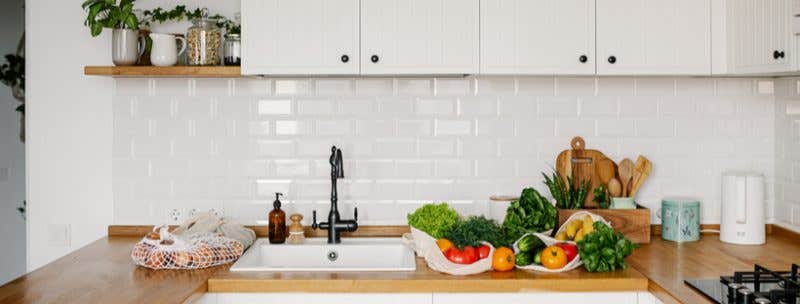

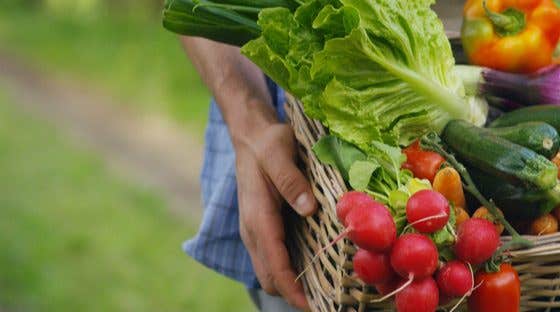
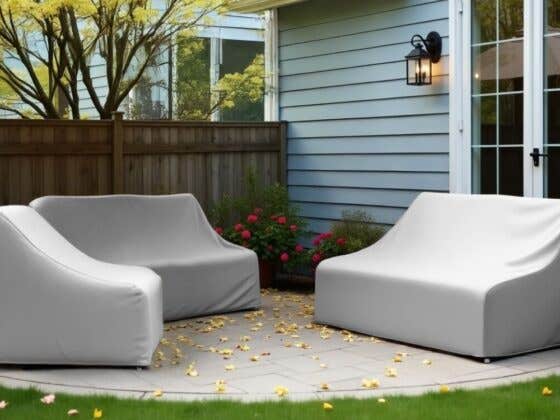
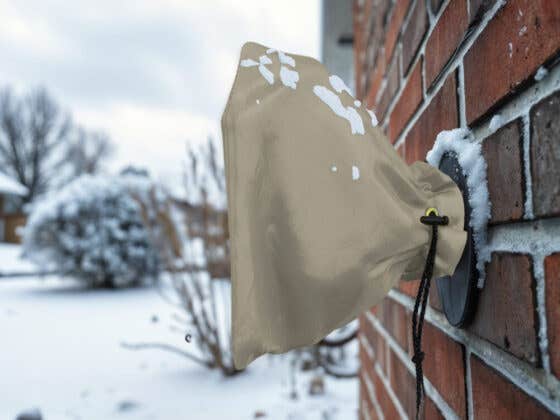
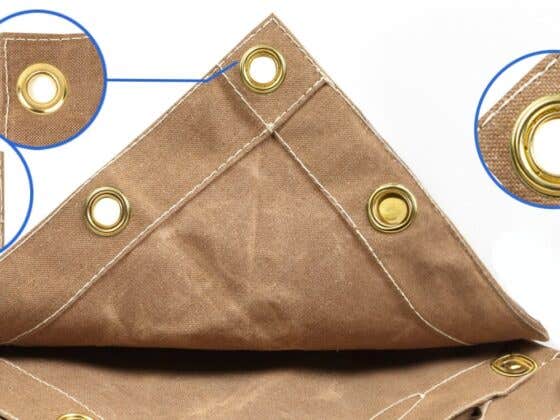


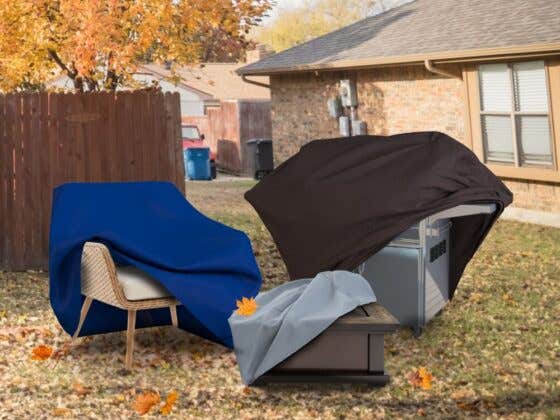
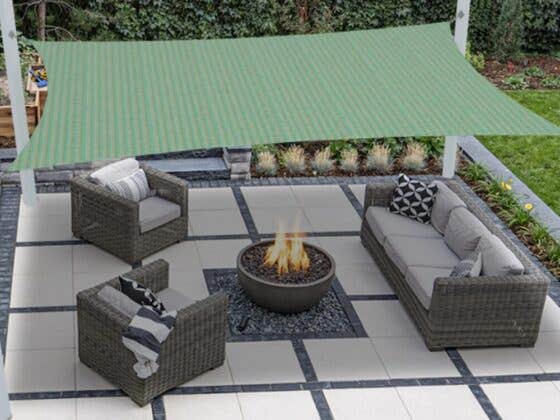

Recent Comments